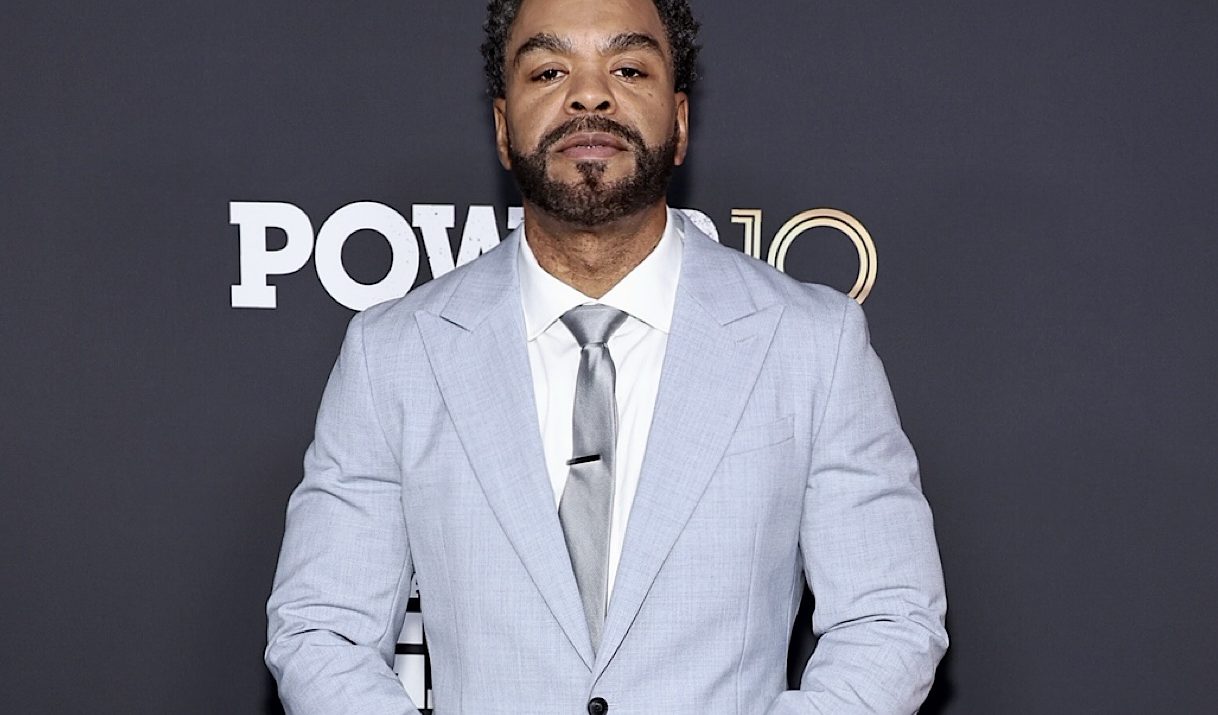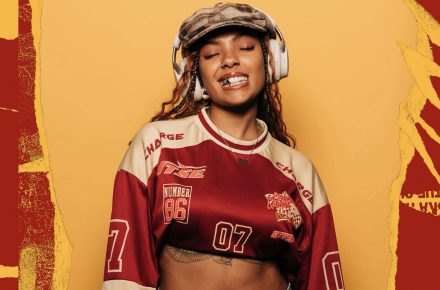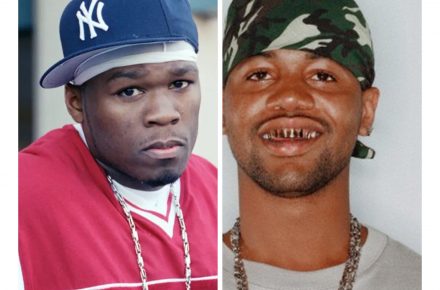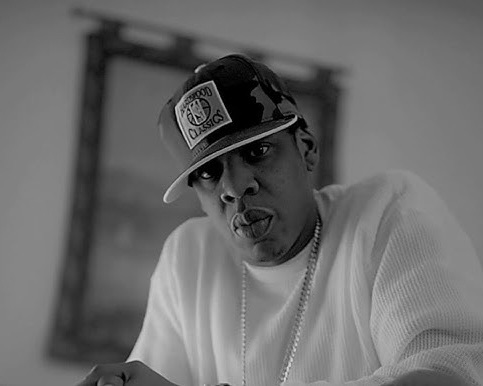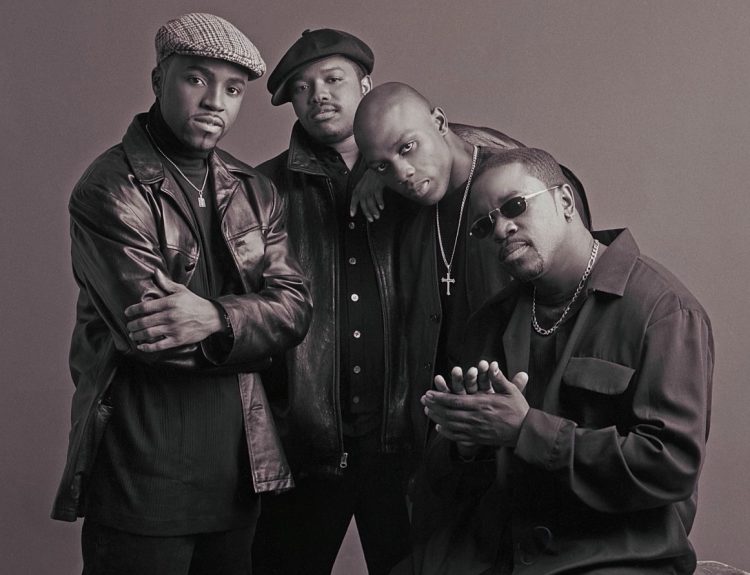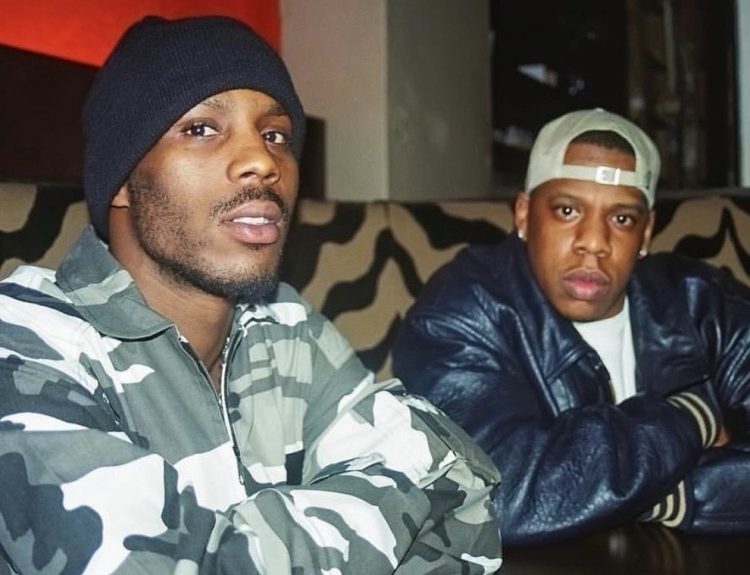When Method Man sat down with Hasan Minhaj for a recent episode of Hasan Minhaj Doesn’t Know, the conversation turned to what happens when hip-hop gets older. For Method Man, now nearly three decades into his career, the answer is complicated. “Hip-hop to me is black music,” he said. “It came from kids… DJ Kool Herc was essentially a child.”
That reminder — that hip-hop was literally born from youth — sets up the tension he’s talking about. As the artists who helped define the genre grow older, they’re entering territory hip-hop has never fully mapped out. “Even us as OGs now in the game, I still listen to some of the young cats,” he said. “But there’s a divide between the young and the old in the hip-hop game. I wish there was a category for older hip-hop, because as we get older, we get wiser and we get better.”
The problem, he said, is that the audience doesn’t always grow with them. “We don’t have an audience with us,” he added. “Our audience has moved on — they’re grandfathers and grandmothers now.”
It’s a perspective that doesn’t often surface in mainstream rap coverage, where youth still drives visibility. Hip-hop’s commercial focus remains tied to discovery and novelty, but Method Man’s point cuts deeper — that growth and experience don’t have the same infrastructure in a genre that’s barely older than its earliest stars.
In many ways, his comments echo the evolution of the artists themselves. Rappers who came up in the ’90s and early 2000s have transitioned into new roles: mentors, actors, entrepreneurs, legacy performers. But there’s still no clear lane for what “adult hip-hop” looks like, or how it’s consumed.
Method Man’s career has already stretched across multiple eras — from Enter the Wu-Tang (36 Chambers) to Power Book II: Ghost — and he’s still finding ways to stay visible without chasing trends. His tone wasn’t bitter, just realistic. Hip-hop, he argued, is still young enough to be figuring out what longevity looks like.
That’s what makes his reflection resonate. It’s not nostalgia; it’s continuity. For all the conversations about hip-hop turning 50, the culture is still deciding how to honor its elders while staying fresh. Method Man’s message was simple: the growth is happening — the industry just needs to catch up.

